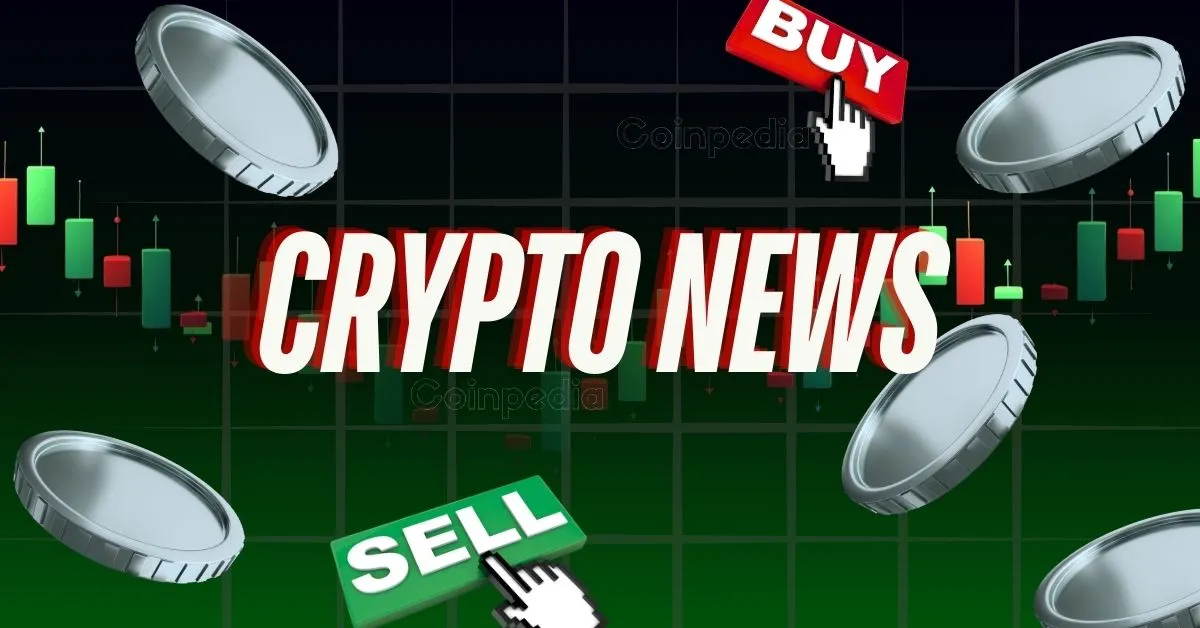
Since President Donald Trump
Some believe including altcoins would make the reserve more diverse and adaptable. But others, like Will Baxter, argue that anything other than Bitcoin would be a huge mistake. His reasoning? Decentralization, security, and long-term value.
So, is a Bitcoin-only reserve the smarter move, or are altcoins being unfairly dismissed? Let’s dive into Baxter’s arguments and find out.
Donald Trump’s return to the White House has dramatically changed the U.S. government’s approach to crypto.
Shortly after taking office, the Trump administration introduced several pro-crypto policies, including:
The biggest move so far? The confirmation of a U.S. crypto reserve. However, the government hasn’t revealed which cryptocurrencies will be included. While some expect a mix of Bitcoin and altcoins, Baxter argues that the reserve should be Bitcoin-only.
Baxter emphasizes that Bitcoin is the only cryptocurrency that is fully decentralized. Unlike altcoins, which are often controlled by founding teams or companies, Bitcoin has no central authority influencing it.
Baxter is concerned about pre-mined supply, which gives early investors a big edge.
According to Baxter, this makes altcoins too centralized to be included in a national crypto reserve.
The expert has also pointed out the importance of security. Bitcoin is known for its robust mining network. It is considered as highly secure. Are altcoins as secure as BTC? The sensible answer is no. It is not sensible to include a crypto with a questionable security framework to the national reserve of a country which wants its economic system to be highly resistant to external threats.
The expert has explained how a hack exposed the fundamental weakness of the world’s largest altcoin. Ethereum lost approximately $60 million in the DAO hack. Emphasising how Etheruem rolled back its blockchain after the hack, the expert has argued that Ethereum can be altered when convenient.
Baxter has also argued that altcoins see minimal real economic activity compared to Bitcoin.
Bitcoin is used by millions as a store of value and settles.
Bitcoin has a fixed supply of 21 million coins, making it scarce and valuable.
Meanwhile, altcoins—including Ethereum—have changed their supply rules multiple times, making them less predictable.
Baxter has alleged that altcoins like XRP, Solana, Ethereum and Cardano have lobbied their way into the US crypto reserve. He has explained why it is unfair to include altcoins in the reserve, asking: “we don’t put tech stocks on our national balance sheet. Why would we put their blockchain equivalents there?”
No matter which assets make the cut, the U.S. crypto reserve will mark a defining moment in financial history.
Donald Trump’s administration confirmed plans to establish a US crypto reserve, but details on its composition remain unclear. Bitcoin is a likely inclusion.
Senator Elizabeth Warren (D-Mass.) is stepping into the spotlight with a new set of principles…
The crypto market is showing fresh signs of life beyond Bitcoin. As BTC hovers just…
Ethereum price predictions for 2025 are everywhere right now. Analysts expect small steady moves with…
Story Highlights The live price of the TRUMP Coin is TRUMP Coin price forecast for…
According to recent cryptocurrency data, crypto tokens such as AVAIL, VENOM, ALT, SAHARA, and SOON…
Story Highlights The Live Price Of Bitcoin SV BSV has traded under the 200-day EMA…